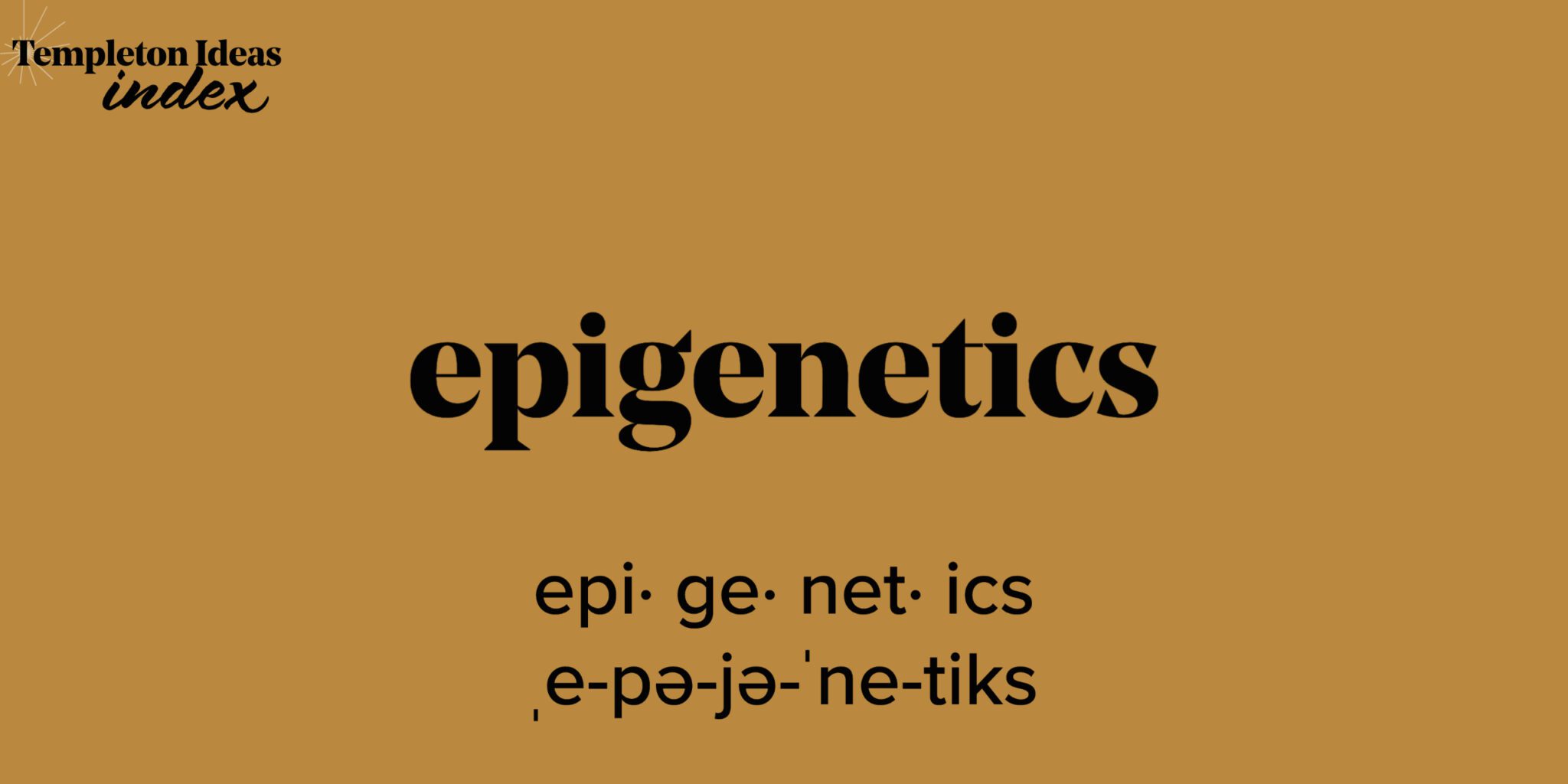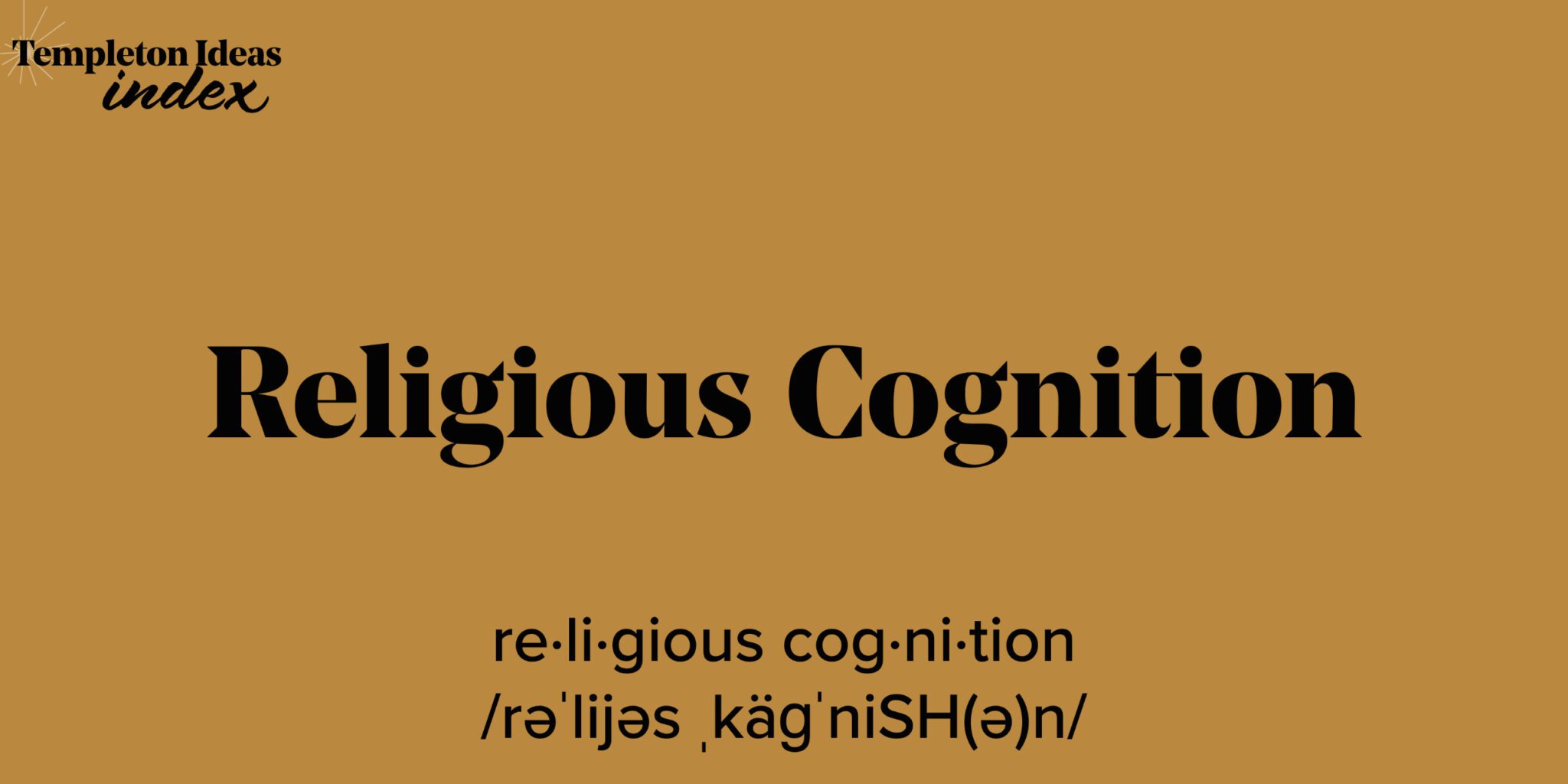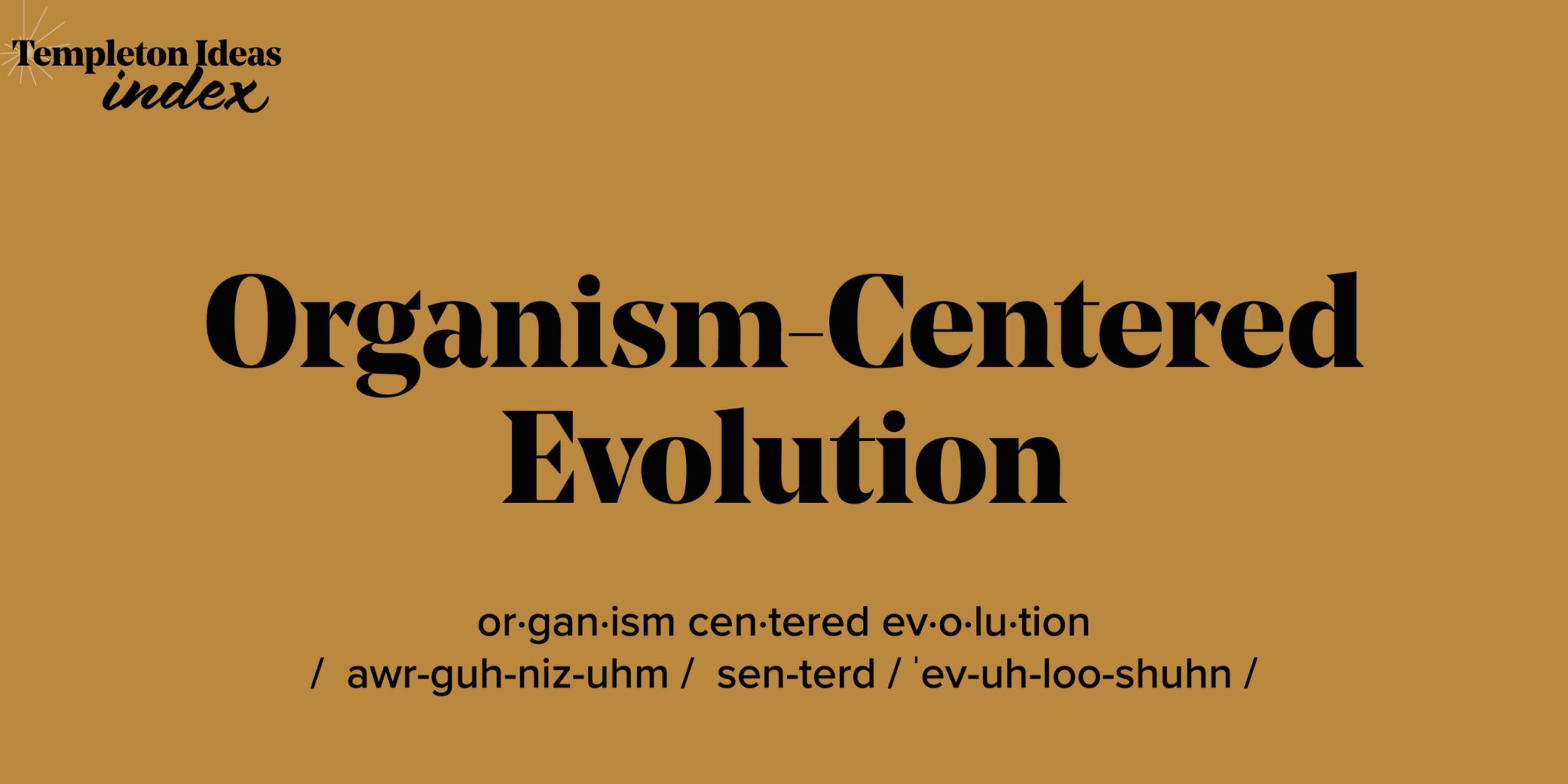Epigenetics is the study of changes in organisms that occur when non-genetic triggers switch genes on or off.
These changes are crucial to organizational development: most cells in our bodies have exactly the same genome, but epigenetic triggers have influenced which ones developed as skin or muscle or nerve cells. Changes in nutrition, exposure to toxins, infections or other stressors can also alter the epigenome to influence how organisms develop. Many epigenetic changes can even be passed on from parent to offspring, allowing a form of inheritance that occurs outside the genome. This means that some of the ways an organism develops are determined not only by the genes their parents and grandparents passed on, but also by the lives they lived.
How Does the Epigenome Influence Development?
Epigenetic change and inheritance can occur through several biochemical mechanisms. DNA methylation is one. It involves the addition of chemical groups to the surface of underlying DNA. This can block the proteins that would normally read certain genes, effectively switching them off. A few methylation patterns are passed on along with the underlying genes when egg or sperm cells are created. This means that a change due to a single environmental exposure can alter genetic expression across multiple generations.
Histone modification is another. It involves changes to the proteins around which DNA is wrapped. The shape of the histone can affect which genes express themselves, with tightly packed histones blocking certain genes.
A third major category of epigenetic change involves non-coding RNA, a variety of RNA sometimes dismissed as “junk” because it does not directly get translated into proteins. Nevertheless, non-coding RNA can control gene expression by inhibiting coding RNA’s ability to make proteins.
How Does Epigenetic Inheritance Affect Health?
Yoev Soen of the Weizmann Institute of Science in Israel has shown that exposing fruit fly larvae to a toxin alters those organisms’ development and is also passed to offspring. This occurs via microbiome transfer and through RNA determining which genes get turned on or off.
At Washington State University, Michael Skinner has performed numerous studies on the multi-generational effects of toxin exposure in mammals, showing that DDT exposure can trigger increased obesity in rats’ offspring across successive generations.
At Duke, Susan Murphy is studying whether human fathers’ marijuana use can alter their epigenome in ways that are passed on through their sperm via DNA methylation.
Several longitudinal studies, meanwhile, have uncovered evidence that ancestral exposures to chemicals or stress may be to blame for certain health problems. A large study in England showed that smoking before puberty is associated with excess body fat for the smokers’ granddaughters and great-granddaughters, even if those in the intervening generations did not smoke. Research in West Africa is investigating whether some forms of stunting — a growth deficit that affects more than 152 million children under five worldwide — are caused by epigenetic inheritance.
How Does Epigenetics Change How We Think About Ourselves, Our Ancestors and Species?
An expanding understanding of the epigenome is spurring scientists, clinicians and policy-makers to broaden their conceptions of the factors that influence our health. Understanding how epigenetic triggers switch off health-promoting genes or switch on problematic ones hint at new therapeutic options for detecting and treating diseases ranging from immune disorders to cancer.
Investigating risk factors like ancestral exposure to toxins or stressors can provide greater insight into current problems and greater incentives for individuals and whole societies to make changes. Doing so may improve not only our own health, but that of generations to come.
Looking further into the future, epigenetics may have a role in the ways that species evolve. Some evolutionary biologists suggest that epigenetic inheritance provides a way for species to “try out” quicker developmental modifications that, if successful, will stabilize and can eventually be summoned from within the genome itself.
Still Curious?
Learn more about the John Templeton Foundation’s support for research Exploring the Epigenome
|
If there’s a specific term you’d like to see featured in the Templeton Ideas Index, you can reach out to us at communications@templeton.org |
Key Takeaways
-
Epigenetics is the study of changes in organisms that occur when non-genetic triggers switch genes on or off.
-
The epigenome influences development through a host of different biochemical mechanisms for influencing gene expression, including DNA Methylation, histone modification, and non-coding RNA.
-
Epigenetic changes can be inherited: exposure to toxins or stressors can alter an individual’s development and also be passed to offspring, leading to health issues like obesity.
-
Understanding epigenetic change has broadened biologists’ view of the ways organisms can develop and evolve.




